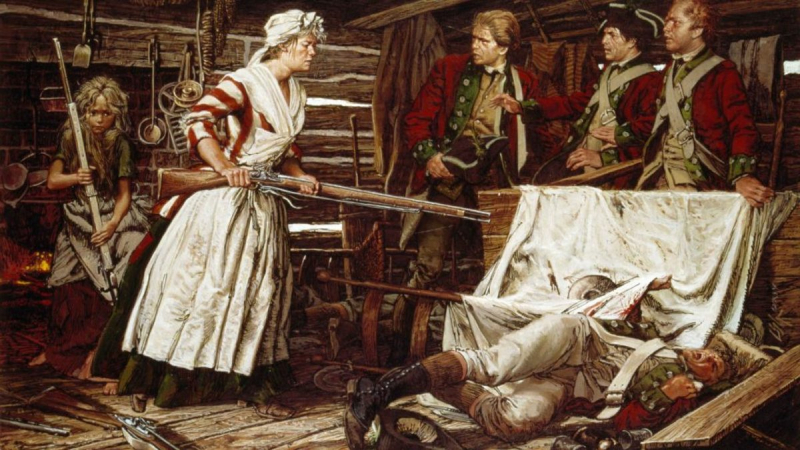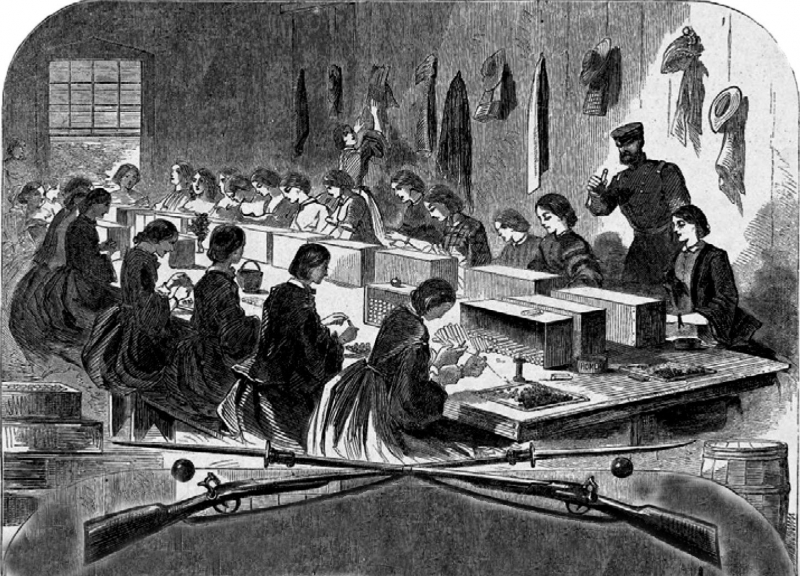Women Were Hired More Frequently To Maintain The Industries As The Workforce At Mills Throughout The South Decreased Due To The Military Mobilization Of White Men
The civilian labor was severely reduced when war broke out. Due to the exodus of hundreds of thousands of men from their homes, farms, and businesses, the participation of women, including both black and white, in activities that they had previously been discouraged from pursuing, if not outright forbidden, has significantly increased. Women were the obvious alternatives, taking over male-occupied roles as well as those that the rigors of war specifically required them to fill. Many white women discovered themselves working outside the home and making money for the first time in their lives. Their motivations ranged from patriotism to poverty to a feeling of purpose. Even some black women who were free and enslaved found new chances to work for pay due to the severe labor shortage in the South. For entire regiments, they furnished uniforms, blankets, sandbags, and other supplies. They labored in improvised hospitals as untrained nurses and penned messages to soldiers. Even wounded soldiers received care at home. To work in the growing Quartermaster and Ordnance operations, other women relocated to cities. Women worked as cartridge rollers in Confederate arsenals in addition to making uniforms.
The Confederacy's enslaved women's unpaid labor played a crucial role in supplying the war effort. The widespread belief that there are two distinct spheres—the male, public sphere of politics and business, and the feminine, private sphere of the home and family—is fundamentally challenged by the prevalence of so many women in the workforce. This paved the way for a redefining of women's standing in American culture and ensured that the workforce would never revert to its prewar status.












